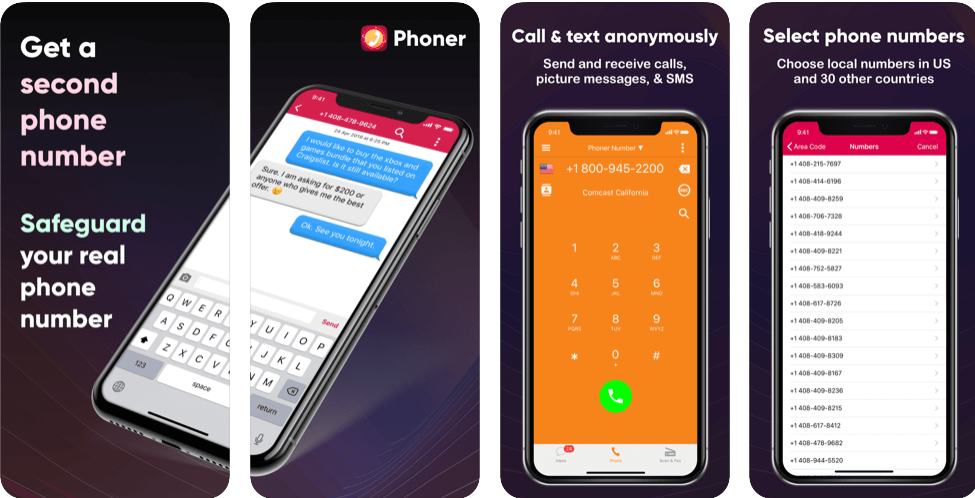
Going to college overseas and looking for advice for students studying abroad? Studying overseas can be a daunting challenge, and knowing a few study abroad travel tips can help ease your transition into student life overseas.
With so many semester, summer or winter exchange programs, being prepared to study abroad can put you in a great position to grab many more learning opportunities that take you outside your comfort zone.
Not sure where to start? Here’s our quick list of great advice for students studying abroad.
7 great pieces of advice for students studying abroad
Advice 1: Prepare for your study abroad as early as you can
Whether you’re planning to go for a semester exchange, winter, summer program or study full-time overseas, always plan way in advance. Any study abroad is going to be expensive if you’re not going on a scholarship or financial aid, and some countries have high standards of living that easily eat into your finances as a cash-strapped student.
Be prepared to save hard. Take up side gigs or do internships beforehand and put that cash away for your study abroad fund.
Cash isn’t the only thing you need to prepare. Consider suitable accommodation, transportation options and insurance coverage. All of this take some time to work out, so get started on them as soon as you can.
Advice 2: Look up foreign currency options
When it comes to advice for students studying abroad, money matters are king. With online multi-currency accounts like TransferWise and Paypal as well as a huge range of credit and debit cards today, there are lots of options for making payments in overseas currencies.
Not all payment options are created equal though. Some don’t have any foreign transaction fees; others, like TransferWise, allow you to make payments at rates close to actual exchange rates. What you don’t want is to have to pay a hefty sum each time you make a transaction overseas.
If you plan to stick to a debit or credit card, make sure to check what their coverage in the country you’re planning to study in is like. In countries like Vietnam for example, most credit cards won’t work with many local automated teller machines. Also check if your credit card offers foreign exchange refunds or other benefits to make your spending overseas go the extra mile for you.
Advice 3: Pick up the local language first.
Now here’s some great advice for students studying abroad in countries where English isn’t the spoken language: knowing even basic phrases in the local lingua franca can be a huge benefit. To get by without much inconvenience, all you really need to know are:
- How to ask for directions
- How to buy, order and haggle
- How to read street signs
- How to count
Missed this out while looking through study abroad travel tips? Take up foreign language classes and workshops if they’re available, stay with a local by couch surfing or doing a home-stay program, or just hang out with some locals and start making some new friends on the fly!
Advice 4: Know your locale well
If you’re going to college abroad or just studying overseas for a short while, make sure to familiarise yourself with the area. Some places might not be as safe or savory as the ones you often find yourself in back home, and the last thing you’d want is to bump into trouble by venturing somewhere you shouldn’t.
Also, some countries can be really expensive to live and study in. If you’re planning to study overseas in a country with a high standard of living, check to see if there are any student cafes, restaurants or accommodation that are easy on the wallet.
Advice 5: Get a VPN
Sometimes, advice for students studying abroad can be simple yet really beneficial.
Getting a VPN isn’t just about making sure you can still catch up on your US-exclusive Netflix series while studying abroad. Not everyone gets to enjoy free, unfettered internet access. Having a VPN while studying abroad makes sure you still have access to essential online services you might need.
This is especially true in countries with heavy internet censorship. It’s one thing to be denied your favourite shows on Netflix, and another to be heavily inconvenienced when you can’t use important services you need to live your life and get assignments done.
Advice 6: Reach out to your school’s foreign student association
Most colleges around the world have clubs, societies or formal associations that oversee the welfare of international students who study overseas on their campus, and often such organisations have the resources to help you out best should you encounter any issues settling in initially.
More importantly, international students can also benefit by connecting with a wider community of local and international students who are interested in cultural exchange and want to learn more by making international friendships.
Advice 7: Get a second phone number
The most important advice for students studying abroad lies with staying in contact back home while overseas. When you’re studying overseas, it’s likely that:
- You’ll want to make international phone calls home
- You’ll want to sign up for local events and promotions that require a local phone number
- You’ll want to be contactable if you’re using a ride sharing app like Uber
- You’ll want to be able to make food deliveries with a local phone number
All that is only possible if you have a local phone number. You could get a local SIM card – that gives you one local phone number you can use. But what if:
- You’re planning to hang out with the locals, maybe even go on potential dates
- You bump into some unpleasant folks and want to ditch all contact with them
- You’re not sure if you should be freely giving out your personal phone number to complete strangers
With just one second phone number, a local SIM card just won’t cut it. What you need is more fake phone numbers with an app like Phoner.
Make the most out of your study abroad experience with Phoner

With Phoner, you have access to unlimited phone numbers from around the world that you can use immediately without needing a new SIM card or phone. Our numbers allow you to make international calls at cheaper rates, and deliver calls and messages smoothly. With as many phone numbers as you want, you get to hang out without having to worry about putting your privacy and safety at risk.
So that’s our quick list of advice for students studying abroad. Get Phoner now and live up your study abroad experience!
